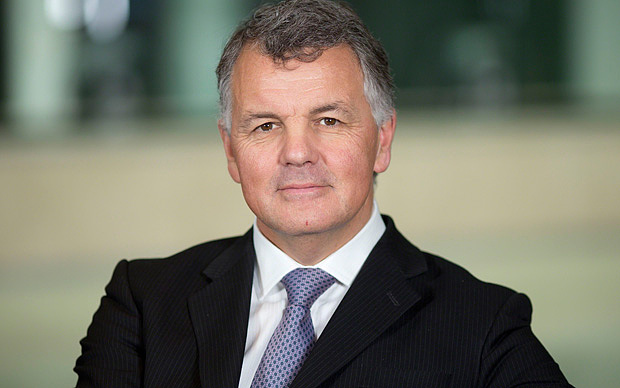How to get corporates to support your startup?
The Startup Magazine speak to UK CEO of Cisco, Phil Smith about the future, our concerns over connectivity and how to get corporates to support your startup.
What is the most valuable trait an early stage company can have in order to succeed?
One of the greatest struggles is an inability to predict the future. Building a plan may not be best the course of action, instead you need to remain flexible. Startups change incredibly quickly and it is important they remain agile to survive. The best companies are the ones that can adapt. Muses like Charles Darwin discovered, the fittest are the species who could cope the best with changing condition and this is the kind of mentality that startups should aspire towards.
What do you think is the main barrier to adoption of IoT?
We need people to become confident in the security and integrity of the IoT. They need to be as confident as they are with the internet that we use every day. The situation we are in at the moment is much like when people judged the telephone, fearing that we would not talk as much, but in fact now they talk more. We wouldn’t have certain benefits if we didn’t have the internet and we won’t have certain rewards if we don’t embrace the IoT.
How are you more widely involved with startups over the long run?
I am a chair of Innovate UK. I see great technologies developed, coming through and creating new amazing companies. For example we have Jenny Griffiths, who created Snap Fashion, which was funded by Innovate UK to series A. We have amazing technologies here in the UK but we need to invest more in R&D, clinical trials, better government and in startups both for late stage venture capital and seed.
What is the entrepreneurial landscape missing here in the UK?
I think what we need to be is more ambitious. We are happy to build startups that integrate into existing startups, for example, Tweetdeck, created in the UK and that integrates directly into Twitter. However, I feel we have lost our industrial ambition.
We also need more ‘patient’ capital — capital that allows companies to longer time to undertake the research and product development needed to really make an impact. Most startups who require this sort of money, try and make the most out of resources available in the UK, and then move the USA where they know they will have great access to resources that they will need in the future. Having patient capital will ensure that there would be more truly disruptive businesses in the UK.
What advice do you have for startups wanting large corporation to invest in them?
Startups need to think about what the stakeholders want. They need to understand why someone would want to go to market with them and what they are providing for that larger company.
What are your words of advice for being successful in business?
Be open — it’s important to listen more than you talk.
Be flexible — in a changing world, it is necessary to adapt to the scenarios that come your way.
Remain determined — it’s tough to be successful.
Be a master of communication — business is just about communication. It doesn’t matter how great you are, you will need to communicate what it is that you are doing.

